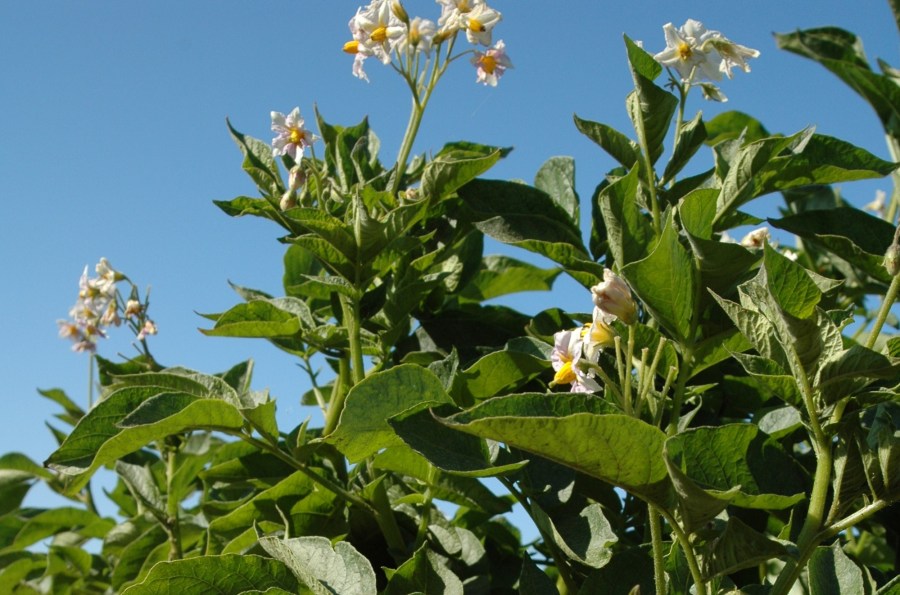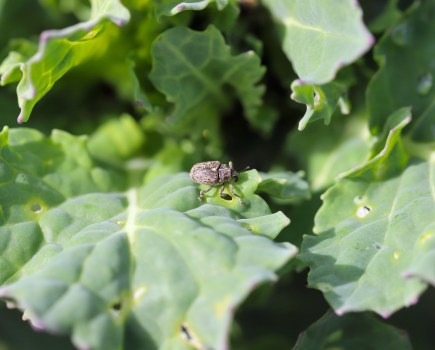Research aiming to advance potato seed breeding could be a step closer to realisation, thanks to the latest scientific developments.
Although in existence, true seed potatoes, known as diploid potatoes, are yet to be commercially viable due their low yield potential.
Tropical biodiversity expert, Dr Tiina Sarkinen, says scientists at the Royal Botanic Garden Edinburgh (RBGE) along with international partners, are keen to overcome this hurdle. “Speeding up true potato seed breeding is a key priority. Having a better true potato seed would reduce diseases that plague the potato industry, simply because most pathogens aren’t seed borne,” she says.
Wild species
Tina was part of an international research team which used wild species related to the potato to identify key challenges faced when producing an improved diploid variety.
“We used full genomes of 92 plant species in the nightshade (Solanaceae) family and identified almost 368,000 deleterious gene mutations that’d accumulated over time. Thanks to our map, these harmful mutations can now be avoided, which is a real game-changer in diploid potato breeding programmes.”
Export potential
For UK growers, while traditional propagation methods are likely to remain more productive due to a cooler climate, this research offers opportunities for the development and export of true potato seed.
This is because it’s not only UK farmers who face potato pest and disease pressure. These struggles are shared in countries such as China and Bangladesh, as a result of the increase in popularity of potato farming.
GERP techniques
The methodology, called Genomic Evolutionary Rate Profiling (GERP) enables researchers to identify and quantify harmful mutations more effectively than previous approaches, increasing the ability to predict a hybrid’s success by 24.7%.




